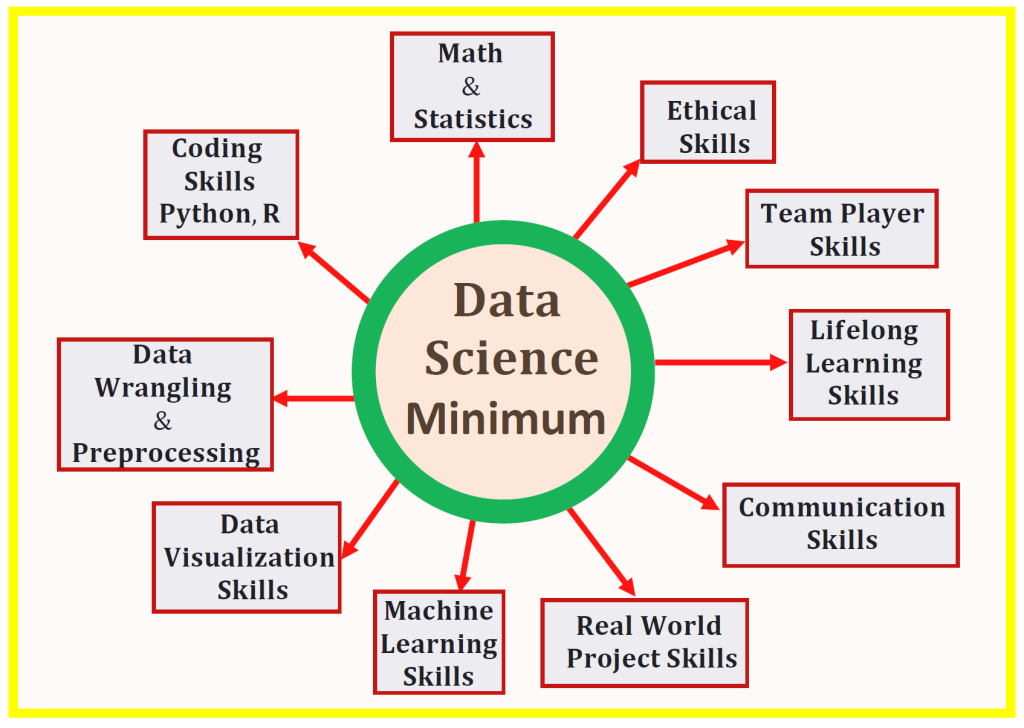If you are interested in predicting future outcomes with the help of data, then machine learning can help analyse data. However, data analytics does not necessarily require machine learning as both are totally different fields. Yet, it entirely depends upon the end use of the data.
Data analytics and machine learning are often incorrectly used interchangeably, but both have different functions to perform. However, studying MSc Data Analytics in Germany’s Berlin can give you an upper hand in the global marketplace.
As data analytics and machine learning both focus on data, many students often feel confused about these two fields while choosing a career in data science. So, we have tried to help you make a well-informed decision for your career by providing fundamental differences between the two domains.
Data analytics vs. machine learning
Data analytics is the process of analysing raw data to gain insights and trends. Data analysts use several tools, methods, and techniques to mine useful information, helping organisations make better and data-backed business decisions. Top data analytics tools for data analysts include R and Python, Microsoft Excel, Tableau, Apache Spark, SAS, Microsoft Power BI, SAP BusinessObjects, Sisense, Qlik, Jupyter Notebook, and Thoughtspot.
On the other hand, machine learning (ML) is a subset of artificial intelligence (AI) that focuses on developing and training algorithms via data. In this process, machines learn to perform like humans without being explicitly programmed. It allows software apps to become more accurate at predicting new outcomes using historical data. The most popular machine learning tools experts usearePyTorch, TensorFlow, Weka, Shogun, Amazon Machine Learning, Apache Mahout, Google Cloud ML Engine, NET, Rapid Miner, and Azure Machine Learning Studio.
How does pursuing MSc in Data Analytics improve your career trajectory?
As organisations have become more dependent on data for various business purposes, the demand for data analysts is on the rise. From retail to healthcare, banking to media, almost every industry today relies on data to make informed decisions, identify problems, and improve the performance of the business.
The Monster Annual Trends report shows that about 96 per cent of organisations are planning to hire new staff with skills relevant to big data analytics in 2022. In addition, data analysts are given good pay packages. According to Glassdoor, the average salary of a data analyst in Germany is EUR 55,000 per year.
Pursuing MSc in Data Analytics in Germany provides in-depth knowledge of skills related to data analytics. The course also introduces various other concepts, like algorithms in machine learning, business analytics, natural learning process, artificial intelligence, and visualisation.
Entry requirements for MSc in Data Analytics in Germany
Check out the admission requirements for pursuing MSc in Data Analytics in Germany below:
- Your minimum age should be 21.
- You have completed your bachelor’s degree from a recognised university.
- A minimum of three years of work experience will add value to your application.
- Proficiency in English is a must if your native language is not English.
- You can take the official English test, such as IELTS or TOEFL, to prove your English language proficiency.
If you have what it takes to enrol in the MSc in Data Analytics programme at a top university in Berlin, apply now!

